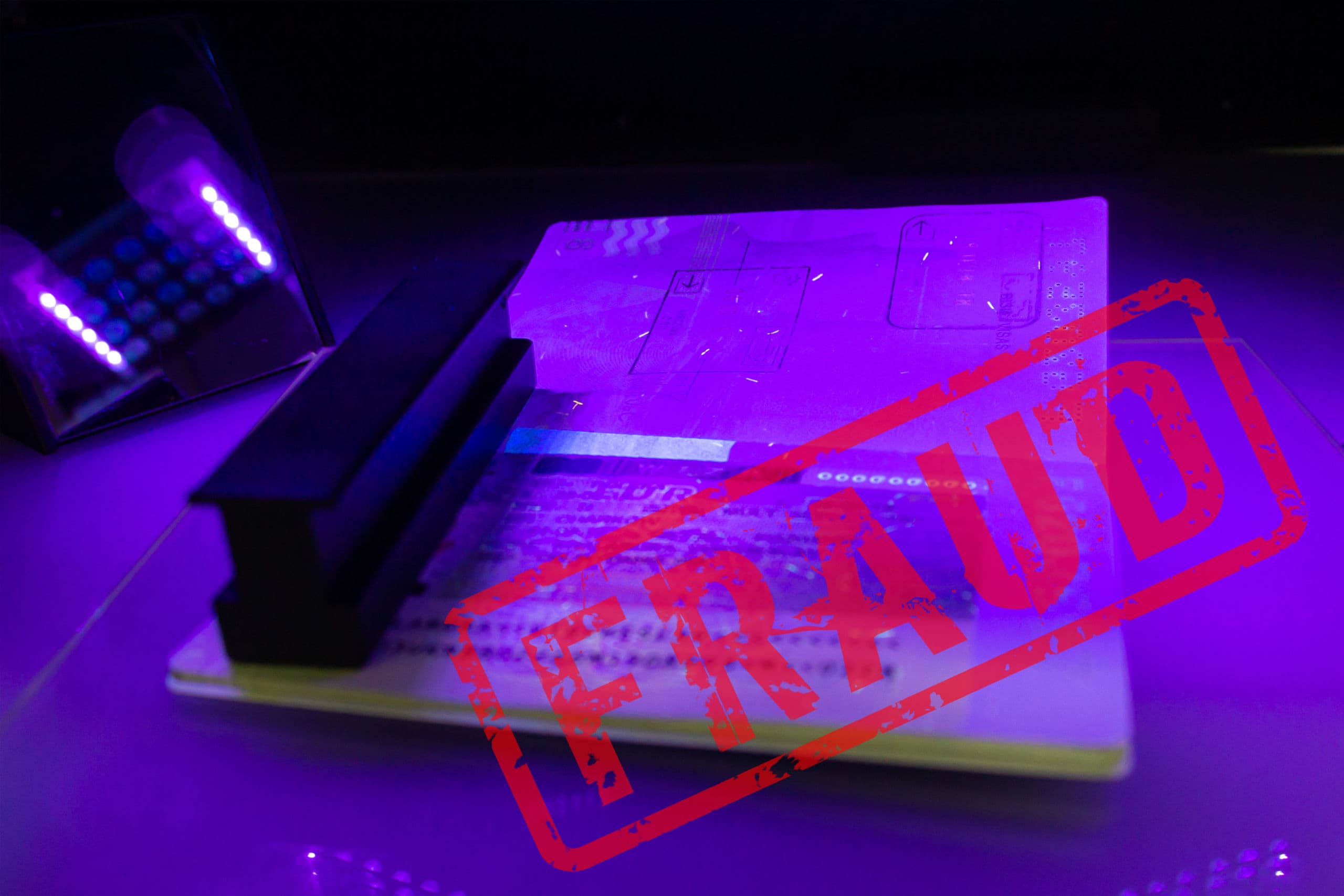By: Richard Hanus, Esq.
Published February 20, 2022
As an immigration lawyer for the past 30 years, I have learned to never be surprised at the levels of creativity and deceit immigration scammers resort to in carrying out their schemes. The promise of financial opportunity and freedom in America is the golden lure for ambitious foreign nationals seeking to make a better life for themselves and families. The more desperate the freedom and opportunity seeker is, the more vulnerable they are to the dishonest ploy. Unfortunately, once scammed, the unsuspecting foreign national typically takes a sizeable economic hit and is left without a remedy to legalize their stay in the U.S.
One recent example involves last week’s federal criminal indictment against 2 executives at a California computer chip design company who have been charged with visa fraud and money laundering. According to the indictment, Namrata Patnaik, CEO and Kartiki Prekh, human resources manager, are alleged to have fraudulently obtained H-1B professional work visas for 85 IT workers over a 6 year period, profiting off of these workers to the tune of $7 million USD.
In general an H-1B visa allows a university educated foreign national to work in a field related to their expertise and in a professional type position, where the attainment of at least a Bachelor’s level (or equivalent) degree is typically a requirement. Further, the H-1B visa is specific to a particular employer, location and other terms as noted in the underlying visa petition filing, with compensation to be at least the “prevailing wage” level as set forth by the U.S. Department of Labor. Thus the worker and petitioning organization must adhere to the petition terms with regard to where the worker can be assigned, who will be the worker’s ultimate employer and the amount of compensation paid.
The charges set forth in last week’s indictment allege that the 85 visa petitions submitted by Patnaik and Parekh contained a long list of material misrepresentations, especially with regard to who would actually be employing the petitioned workers and the location of their assignment . According to the indictment, PerfectVIPs was the only entity authorized to employ the petitioned foreign nationals, with the work to be performed in-house and onsite at PerfectVIPs’ offices. However, the real employers, as alleged, turned out to be outside entities, with the primary goal of these filings “to create a pool of H-1B beneficiaries who could thereafter be placed at employment positions” with other firms.
Having such a large pool of talented workers at their disposal, according to the indictment, the defendants were able to reap huge profits by farming out the workers for projects at outside firms and at a significant premium – providing them at an unfair advantage over competing staffing companies.
Notably, unlike a lot of other similar work visa scams, the defendants here are not alleged to have underpaid the workers, nor force them to work against their will and under threat of deportation. In such circumstances, impacted workers are often able to qualify for a U visa, a special status that leads to the issuance of an employment authorization document, and eventually lawful permanent residence in the U.S. (green card).
If convicted, the defendants face up to five years in prison for each visa fraud count, and 10 years in prison for each money laundering count. More information on this indictment can be found at last week’s Department of Justice announcement – HERE.
PUBLISHED February 20, 2022– “IMMIGRATION LAW FORUM” Copyright © 2022, By Law Offices of Richard Hanus, Chicago, Illinois

